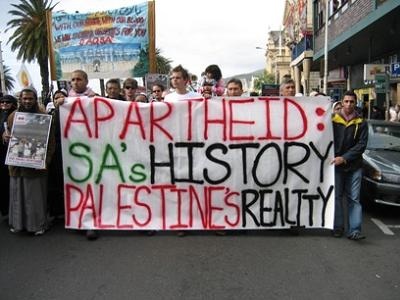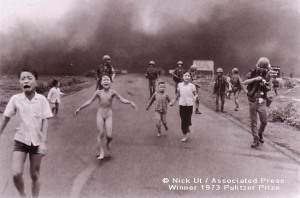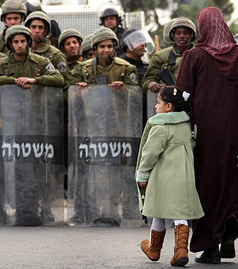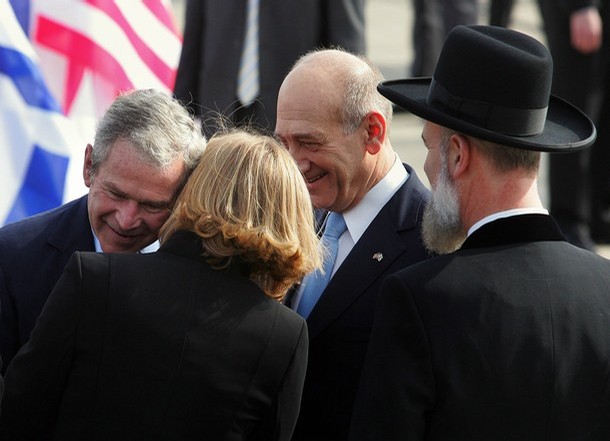Subscribe to ShahidulNews
![]()
?The average person believes implicitly that the photograph cannot falsify. Of course, you and I know that this unbounded faith in the integrity of the photograph is often rudely shaken, for, while photographs may not lie, liars may photograph.?
Lewis Hine 1909
Photographers often get defensive when reminded that many of them resort to ?digital manipulation? using the new tools currently available. Discussions about the limits of what is permissible regularly sparks off heated debates, particularly in contests. Jobs have been lost, awards cancelled, and credibility undermined when photographers have digitally manipulated photographs to create the image they have wanted.
Sadly, the arguments raised have largely dealt with issues of technique rather than issues of ethics. One school of thought suggests, ?if it was doable in a darkroom, then it can be doable in a computer?. Others claim that conventional darkroom techniques, such as dodging, burning, or changing contrast are acceptable, but inserting, taking away, or displacing visual elements are off limits (though these too were, and had been, done in the darkroom). More ?artistic? criteria suggest that the essential ?mood and character? of the original image must be preserved. None of this addresses the central issue Hine had brought up in 1909. Is the photographer lying?
I believe the discussion needs to shift from ?how? the image was altered to ?why? it was altered. Indeed, photographers have ?enhanced? their images by using filters to darken skies, dodged and burned in the darkroom to change relative emphasis of visual elements, sometimes even eliminated visuals that distracted from what was considered central to the photograph. Subtle changes in tonality and gradation altered the ?feel? of an image, affecting the emotional response one might have to the visual experience.? In the analogue days, the skill sets required hand-eye? coordination to a far greater extent than is needed today. The modern photographer needs to learn about pixels, paths and plug-ins. The software used, the amount of RAM and processor speed are the new vocabulary that replaces darkroom tools of yore. But even in the digital age, the skill of the practitioner often determines whether the change is detectable.
There are those who subvert the process and deliberately play on detectability of the process, confronting the viewer with their interventions, questioning her perception of what is acceptable, stretching her boundaries of credibility. Indeed, on occasions, flaunting these very norms to raise uncomfortable issues of how images are read. Early theorists like Professor Fred Ritchin, currently at Tisch School of The Arts, New York University, have eloquently analysed how this ?manipulation?, instead of undermining the credibility of the photograph, has returned the onus of authenticity upon the integrity of the author rather than the acceptability of the tools (human or mechanical).? One believes a photograph, as one believes a word, based on the reliability of the source, rather than the mode of production. The hugely talented pioneer of digital photography, the Mexican photographer Pedro Meyer, playfully, intelligently and skillfully, toyed with us, shaking the pillars of our age old beliefs, forcing us to question the process of seeing and believing.
Of course the photograph still retains the characteristic of being the primary source. ?I was there. I saw it with my own eyes. I have photographs.? It is precisely because the photograph or the video, is seen as an unmoderated fact, that it is so powerful. It is precisely the reason why lying through a video or photograph can be so effective.
In this age of spin, rhetoric and hyperbole, does the liar, by shaking our confidence in the medium, undermine the veracity of the one source that we still implicitly trust? In some ways of course it does, but by doing so, the liar does us a favour. It reminds us to question, not merely the medium but also the source.
Buddha, Moses, Jesus and Mohammed were believed because they were trustworthy. They had established their credibility. They had a track record that gave their word a respectability that others who said otherwise did not have. I have no way to vouch for the veracity of the incredible claims that they made. That is the basis of a very different discussion. But it is undeniably true that centuries after they have gone, there are people who live by their ideals and are prepared to die for them. The lives that they lived, made their words believable. We believed their actions, which led to us believing their words.
That brings me to the point of this article. The video of the attack on the flotilla. People have correctly pointed to the technical errors in the released videos. The fact that there were white frames inside the sequence, that consecutive frames did not match, that crude alterations revealed the manipulation where people are seen to be walking through metal pylons, the amateurish display of a catapult by turning towards a camera on a tripod and holding it high, in the middle of an attack by armed soldiers, the fact that a voice inserted in the video is that of a woman on another ship, all make the video a laughable piece of ?evidence?. Indeed, the detection of the tampering is what is being used as evidence of lies being told.
My argument is elsewhere. What if the Israelis had produced the perfect video, backing up their claims. What if their technicians had been more skilled, their computer animations more realistic, their actors more adept and telling their version of the story. Would that have validated their version of the story? I would like to return to who is telling the story. The veracity of the source.
Lies are more difficult to protect than the truth. If the version they had presented had been genuine, there would have been no need to confiscate all the visual material, releasing selective segments, with obvious tampering. If they had nothing to hide there would have been no need to jam the communications at the moment of attack, or to erase the audio from certain segments of the video. There would have been no reluctance to make all the evidence available and let the viewers decide. Suspicious behavior gives rise to suspicion. For a nation known for manipulating the truth at all levels, casting doubts on authentic data, vilifying honest citizens, persecuting every hint of dissent, it is the fact that the source is Israel that is the greatest reason for disbelief.
If a time were to come when Israel had a change of heart and for once spoke the truth, like Matilda in her burning house, there would be none to believe her. That fire is imminent and Israel?s house of lies might well be close to burning.
———————ENDS————————–
Other points of view.
BBC Panorama Video 1
BBC Panorama Video 2
“>Al Jazeera Storming of Gaza aid convoy
Legal assessment of Gaza Flotialla raid
Related links:
Military ties between India and Israel
In Defense of Helen Thomas
Human Rights Council Condemnation of Israeli Attacks
Adopted by a recorded vote of 32 to 3, with 9 abstentions.
The voting was as follows:
In favour: Angola, Argentina, Bahrain, Bangladesh, Bolivia, Bosnia and Herzegovina, Brazil, Chile, China, Cuba, Djibouti, Egypt, Gabon, Ghana, India, Indonesia, Jordan, Kyrgyzstan, Mauritius, Mexico, Nicaragua, Nigeria, Norway, Pakistan, Philippines, Qatar, Russian Federation, Saudia Arabia, Senegal, Slovenia, South Africa, Uruguay;
Against: Italy, Netherlands, United States of America;
Abstaining: Belgium, Burkina Faso, France, Hungary, Japan, Republic of Korea, Slovakia, Ukraine, United Kingdom of Great Britain and Northern Ireland:




